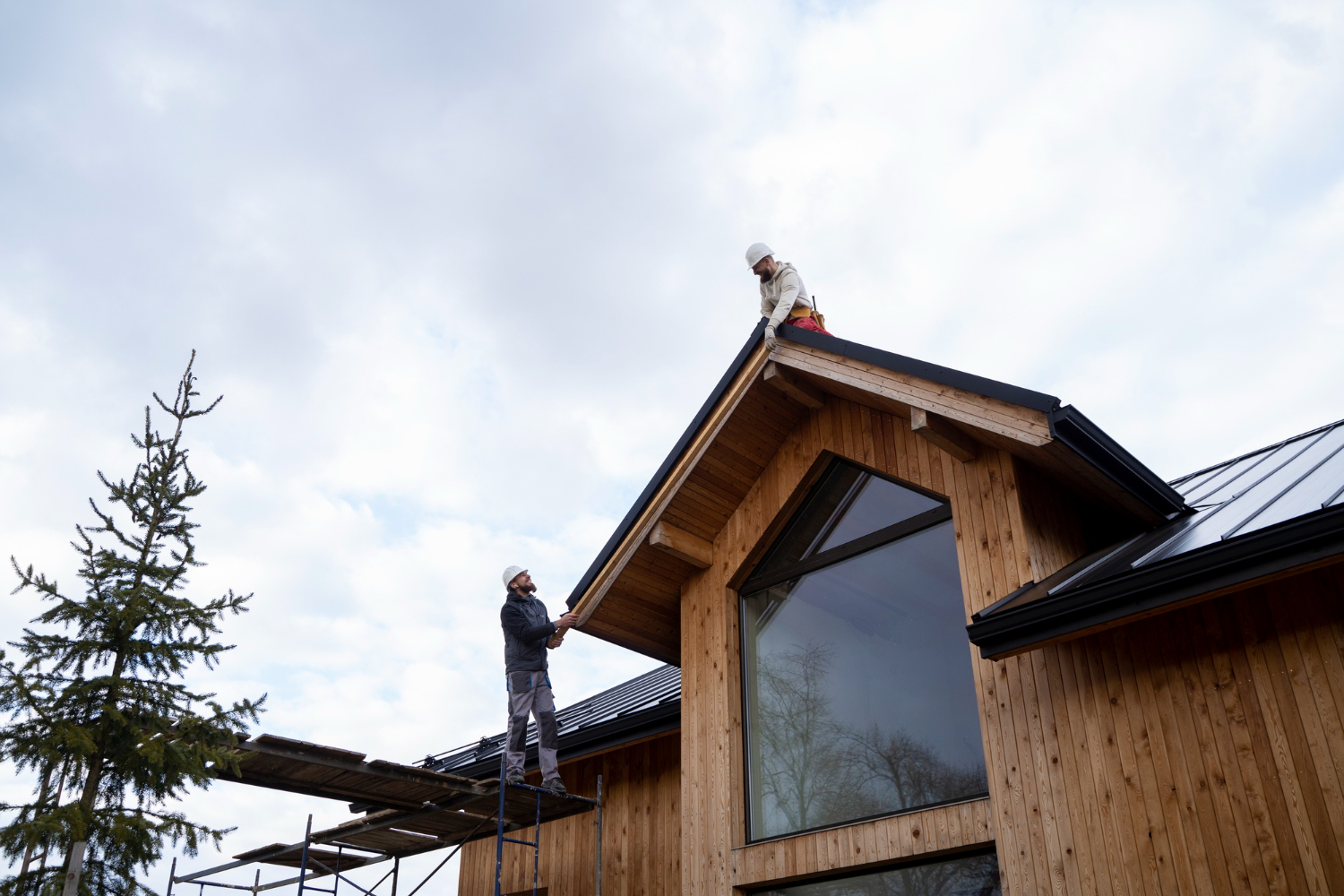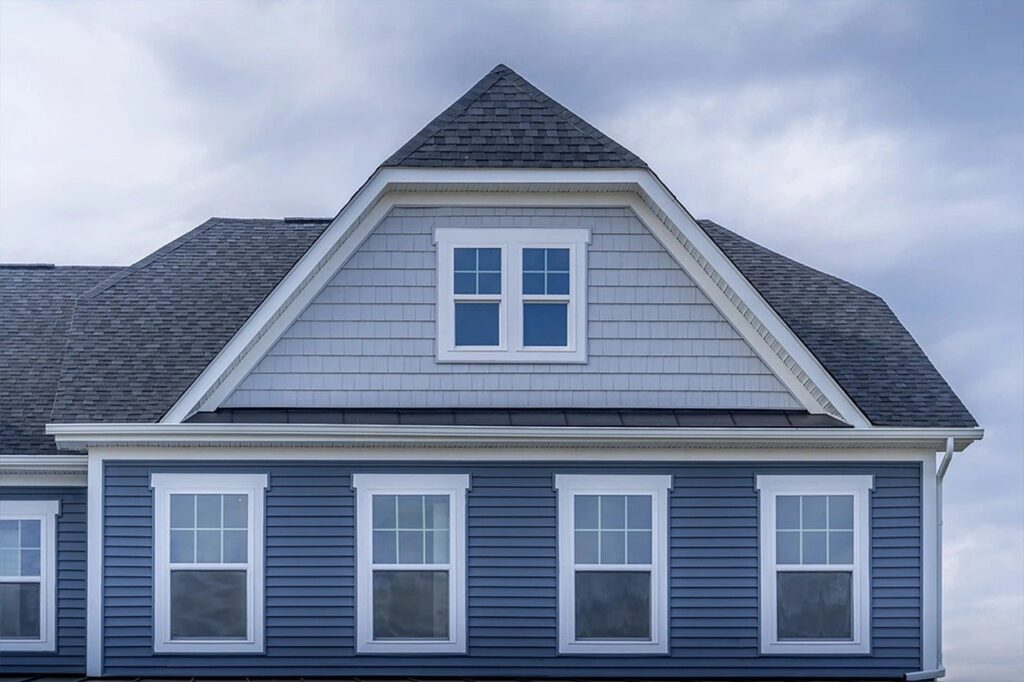Your home’s siding is more than just an aesthetic feature; it protects it from the elements, insulates, and contributes to energy efficiency. Over time, however, the siding can become damaged or worn out, compromising its functionality.
Here are five signs that indicate it’s time to call a siding contractor.
Visible Damage
Cracks and Holes
If you notice cracks, holes, or gaps in your siding, it indicates that repairs or replacements are necessary. These openings can allow moisture, pests, and cold air to penetrate, causing further damage to your home’s structure and interior.
Warping and Buckling
Warped or buckling siding is often a sign of water damage or improper installation. This affects your home’s appearance and its ability to protect against the elements. A siding contractor can assess the extent of the damage and recommend the best course of action.
Faded or Peeling Paint
Loss of Color
Fading paint can make your home look aged and neglected. While repainting might seem like a quick fix, it often indicates underlying issues with the siding material. A siding contractor can help determine whether repainting is sufficient or if replacement is necessary.
Peeling Paint
Peeling paint is a red flag for moisture problems. When moisture seeps into the siding, it can cause the paint to peel and bubble. Addressing the root cause is essential to prevent further deterioration and costly repairs.
Mold, Mildew, and Fungus
Growth on Siding
The mold, mildew, or fungus on your siding indicates that moisture is trapped. If left unchecked, this can lead to severe structural damage. A professional siding contractor can identify the source of the moisture and recommend appropriate remediation measures.
Health Concerns
Mold and mildew damage homes and pose health risks to families. A siding contractor’s prompt attention to these issues ensures a safe and healthy living environment.

Increased Energy Bills
Poor Insulation
If your energy bills are higher than usual, your siding might be to blame. Damaged or old siding can compromise your home’s insulation, making it harder to maintain a comfortable temperature. A siding contractor can assess the insulation properties of your siding and suggest improvements.
Drafts and Cold Spots
Feeling drafts or cold spots near your walls can indicate that your siding is not effectively insulating your home. This not only affects comfort but also drives up heating and cooling costs. A siding professional can provide solutions to enhance energy efficiency.
Bubbling and Blistering
Surface Issues
Bubbling or blistering siding is often a sign of moisture trapped beneath the surface. This can occur due to improper installation or weather exposure. Addressing these issues promptly with a siding contractor can prevent more extensive damage.
Preventing Further Damage
Ignoring bubbling or blistering can lead to more significant problems down the line, including rot and structural issues. A siding contractor can repair or replace the affected areas to maintain the integrity of your home.
Conclusion
Maintaining your home’s siding is crucial for protecting investment and ensuring a comfortable living environment. If you notice any of these signs, it’s time to call a professional siding contractor. They can assess the damage, recommend the best solutions, and help you maintain your home’s beauty and functionality.
Frequently Asked Questions
How often should I inspect my siding?
To catch any issues early, it is recommended that you inspect your siding at least twice a year, in the spring and fall.
Can I repair the siding myself?
While minor repairs can be DIY projects, consulting a professional for significant damage is best to ensure proper repairs and avoid further issues.
What types of siding are most durable?
Fiber cement, vinyl, and wood siding are all durable options, each with benefits. A siding contractor can help you choose the best material for your home.
How long does the siding last?
The lifespan of siding varies by material, with vinyl lasting 20-40 years, fiber cement 30-50 years, and wood around 20-30 years with proper maintenance.
What is the cost of replacing the siding?
The cost of replacing siding depends on the material, the size of your home, and labor costs. Getting multiple quotes from contractors can help you budget effectively.

